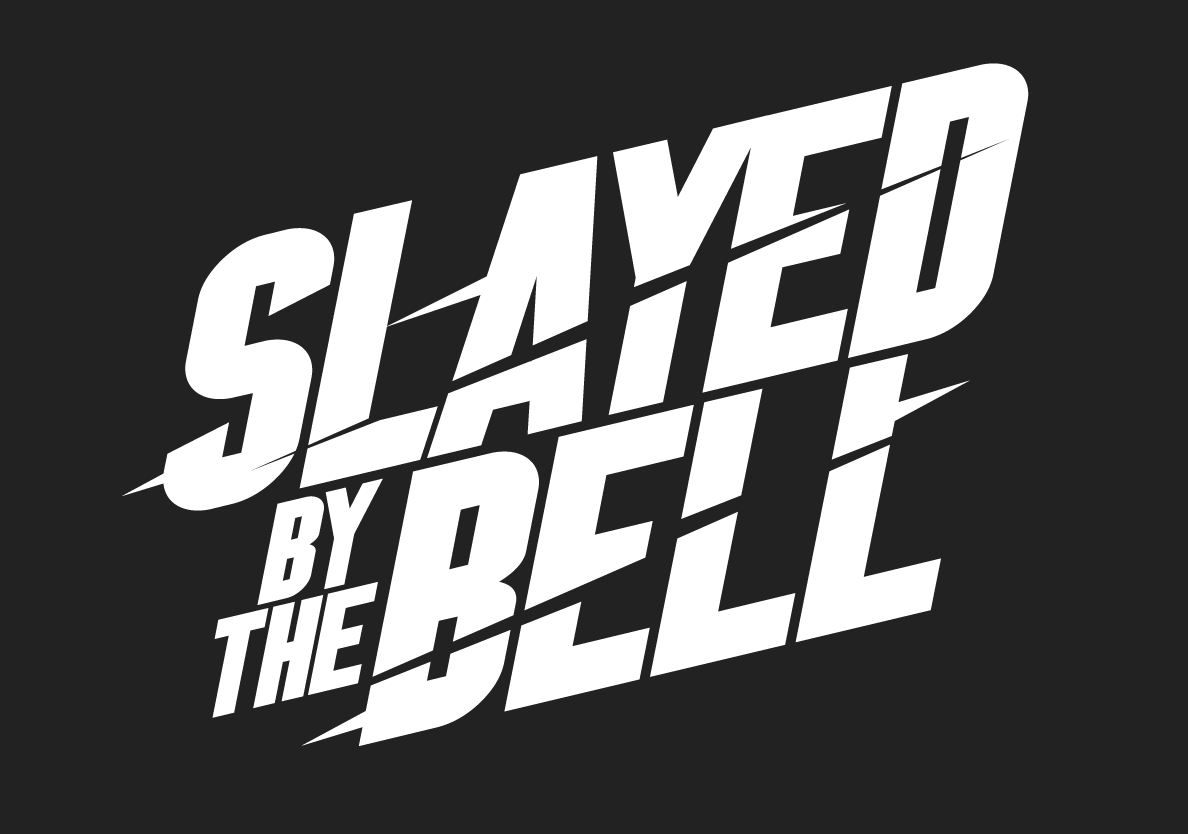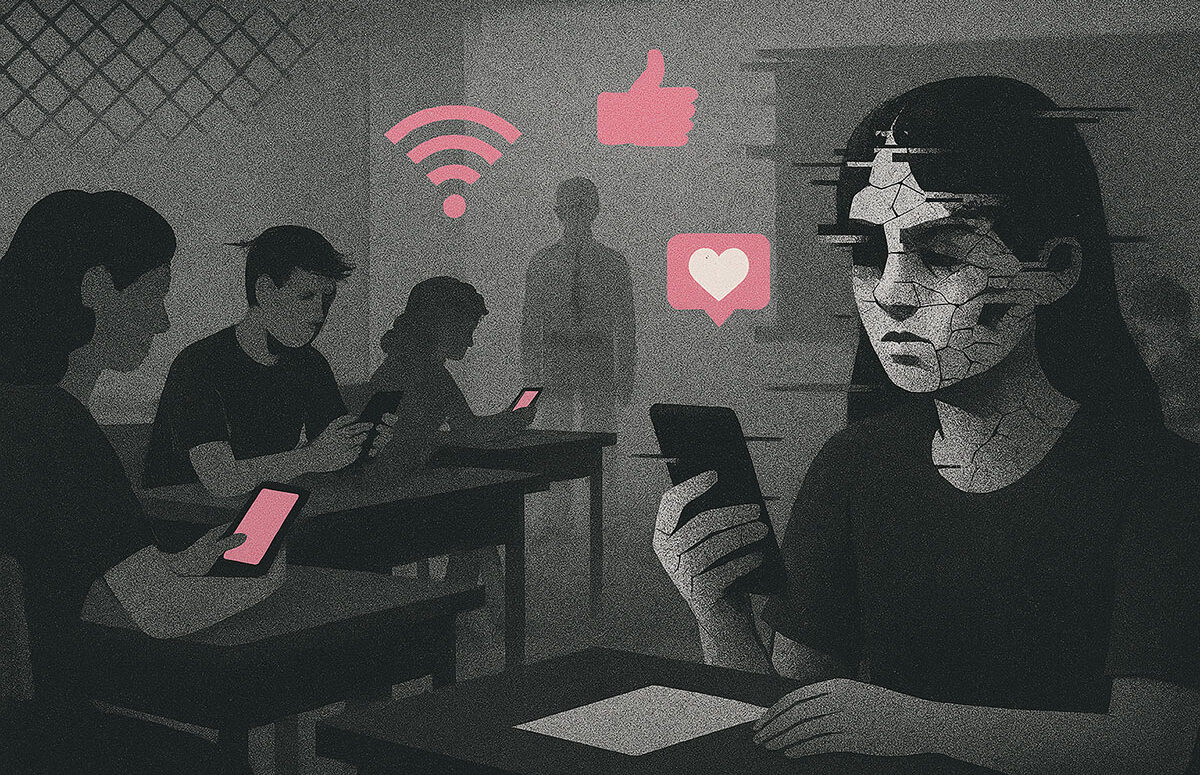What TikTok Is Doing to Education
We’ve normalised dysfunction. Cinemas are shutting down screenings because teenagers are acting out TikTok trends during Minecraft: The Movie. They’re not just loud — they’re organised. Filming each other, throwing things, chanting catchphrases for views. It’s not quirky, it’s not harmless, and it’s not going away. This is what happens when attention becomes currency, and social media is the mint. Schools are dealing with the fallout daily. Behaviour is deteriorating, empathy is collapsing, and nobody in power seems willing to admit what’s happening. Social media isn’t just a distraction. It’s behavioural sabotage at scale — and we’re being fucked over by it every single day.
Problem
Students are bringing social media logic into classrooms and public life. The logic is simple: attention matters more than integrity, performance matters more than participation, and consequences are irrelevant if there’s a viral clip. What we’re facing isn’t the old-fashioned misbehaviour of defiance or boredom. It’s something different. It’s the deliberate construction of a persona designed to win digital status, no matter what it costs the real world. Education becomes background noise. Learning is secondary to influence. Teachers aren’t seen as guides or mentors — they’re props in someone else’s bullshit highlight reel. This is where we are.
Causes
The cause is baked into the system — and everyone’s complicit.
Start with the platforms. TikTok, Instagram, YouTube Shorts — these aren’t entertainment tools. They’re behaviour modification devices built on variable reward schedules. As Shotton points out in The Choice Factory, even the illusion of social proof — fake likes, algorithmic amplification — is enough to trigger mimicry. You see a “chicken jockey” scream get 200,000 views? You want in. It’s basic behavioural engineering and it’s fucking everywhere.
Jonah Berger, in Contagious, lays it out: ideas spread when they provoke emotion, create social currency, or fit into a simple, repeatable script. That’s exactly what these trends do. They make you feel like you’re part of something. They give you a role to play. And if that role happens to be disrupting a cinema screening or humiliating a teacher for laughs, that’s considered a win. It’s bullshit, but it works.
Dan Ariely’s work in Predictably Irrational explains how people are more likely to cheat or break norms when the systems around them feel arbitrary or unfair. That’s modern school. We preach kindness while issuing detentions for chewing gum. We ask for respect in buildings where the windows don’t open and the curriculum is a fucking cellblock. Pupils learn quickly that the system isn’t built for them — so they stop giving a fuck about what it wants.
Jaron Lanier warns that social media isn’t a communication tool — it’s a platform for behaviour shaping, driven by advertisers and algorithms. He calls it “behavioural modification on a mass scale.” Users don’t just use TikTok or Instagram — they’re used by them. Every action is nudged, every post is filtered, every trend is a small behavioural experiment. The “chicken jockey” trend didn’t happen by accident. It happened because the platform’s core incentive is visibility. Visibility is earned through disruption. Disruption becomes the culture. That’s how this shit spreads.
Ben Parr calls this “captivology” — the study of how to grab and hold attention. These platforms are built to exploit basic psychology. Attention is harvested. Engagement is engineered. And that environment shapes users’ values, priorities and behaviour — especially when they’re young, developing, and constantly online.
Steven Johnson explains that creativity and ethical growth are fostered in environments that reward curiosity and allow exploration. What do most schools offer? Rote repetition. Compliance. Standardisation. We say we value critical thinking, but the second students question a rule, we punish them. So of course they retreat into platforms that feel interactive, immediate, and personal — even if they’re being psychologically mugged-off in the process.
Add to that the collapse of adult presence. Phones raise children. Screens replace real mentors (as Gareth Southgate recently alluded to). Parents are overwhelmed, teachers are exhausted, and the state is absent. Orwell warned us that systems which prioritise control over humanity breed detachment. Social media doesn’t just detach users from others — it detaches them from themselves. It kills introspection. It erodes empathy. It tells users what to care about and punishes them if they care about the wrong things.
Jaron Lanier’s warning is clear: the longer people stay on social media, the less agency they have. The less perspective. The less capacity for empathy. And schools are now full of young people trying to learn in an environment shaped by systems designed to undermine attention, distort judgement, and devalue reflection. That’s the root of the problem. And nobody in charge seems to have the fucking balls to confront it.
Effects
The impact on learning is immediate. Focus is gone. Depth is gone. Work is shallower. Effort is inconsistent. Students can’t tolerate delay, can’t manage silence, can’t sit with difficulty. The platforms they use teach them that struggle is failure. So they give up faster, lash out more, and need constant novelty to stay engaged.
The emotional toll is even worse. Lanier warns about the breakdown of empathy. Social media trains people to behave in ways that machines can track. So students don’t just misbehave — they dehumanise. They film each other’s breakdowns. They taunt teachers for reactions. They treat distress like it’s content. And they don’t think they’ve done anything wrong.
Teachers burn out trying to manage the fallout. Relationships suffer. Trust collapses. The school becomes reactive, not relational. And the students who want to learn? They’re drowned out by noise, ego, and bullshit.
Solutions
Banishing phones is a basic start, but it’s not a real solution. We need embedded education about how these platforms work — not one-off assemblies or polite poster campaigns. We need to teach the mechanics of manipulation, algorithmic nudging, addictive interface design, and behavioural psychology. Every student should understand what’s being done to them.
We also need to stop pretending that social media is a neutral technology. It’s not. It’s a commercial system built to fuck with your brain until you buy, scroll, or react. Lanier says to opt out. That’s good advice — but we also need regulation, accountability, and transparency. Enough with the tech industry hiding behind free speech while it profits from chaos.
Schools need boundaries that matter. Not pointless rules about pen colours and “corridor posture” — actual expectations that foster mutual respect. As Pinker makes clear, progress depends on reasoned environments that reward long-term thinking. TikTok trains the opposite — impulsive, short-sighted, emotionally extreme behaviour. We need to stop tolerating that in the name of staying “current.”
And most of all, stop appeasing. Stop pretending this is just modern teenage behaviour. It isn’t. It’s a fucking breakdown. And it’s being sold to them as empowerment.
Conclusion
This is a fucking emergency. Social media isn’t just influencing students — it’s reprogramming them. It’s shaping their attention, their relationships, their values, and their capacity to function. Meanwhile, those in charge of policy and tech look the other way, cashing in while teachers and parents mop up the mess.
We don’t need more hand-wringing. We need resistance. Name the problem. Confront the systems. Push back. Teach kids what’s being done to them and give them the tools to reject it. Jaron Lanier said that quitting social media might make you weird. Good. Be weird. Be inconvenient. Be unprofitable.
Because if we keep normalising this shit, we won’t just lose control of education — we’ll lose the ability to raise actual human beings.

